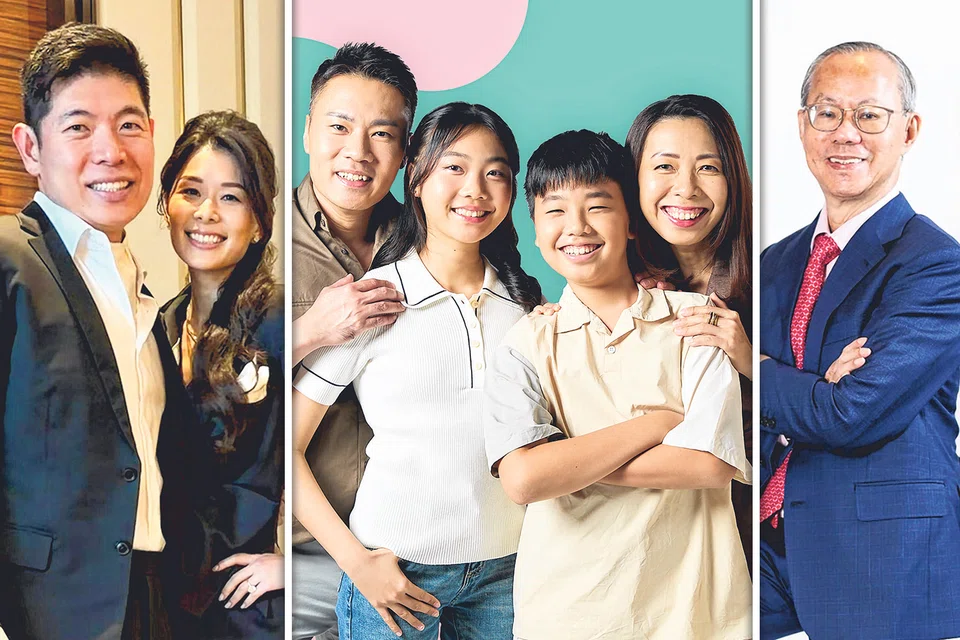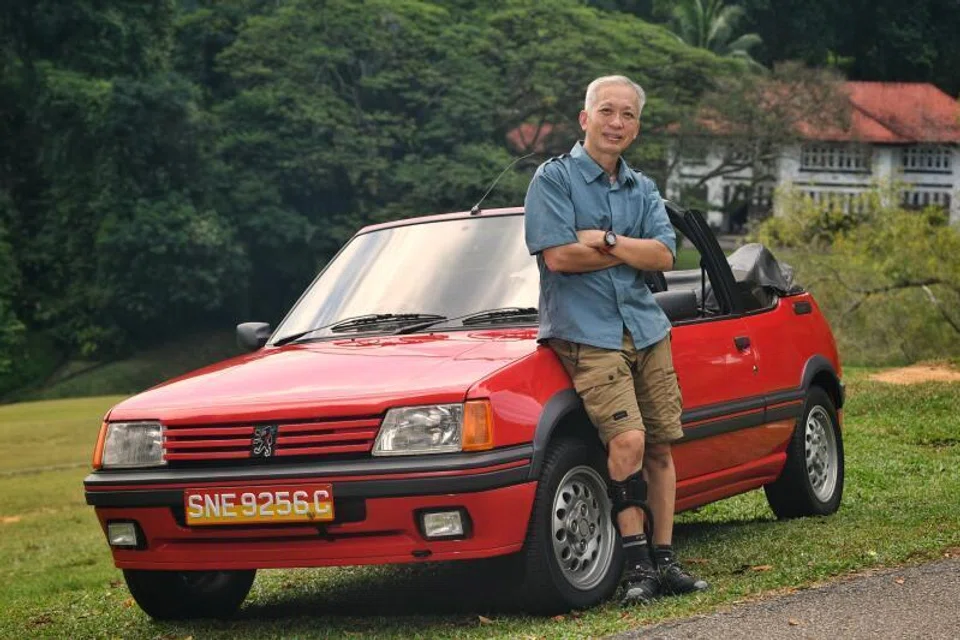TODAY – Successful philanthropy: Doing good takes more than just giving


By Richard Hartung
Beyond just managing your money to meet your needs, donating to support good causes can benefit you and the broader community. The key to successful giving, though, is choosing the right causes and giving the right amounts. Increasingly, there are a host of tools and resources to help you decide.
IDENTIFY THE CAUSE
A good place to start is to figure out why you’re giving and what you want to support. And there are a variety of reasons people donate.
Some people are passionate about a particular cause, such as educating children, empowering women, saving animals and the environment, improving healthcare, or assisting the elderly. Others may want to support friends who are involved with a particular organisation, donate so they can become more engaged with people with similar interests, or gain public recognition for their generosity.
Whether you’re giving for one of these reasons or something else, taking the time to figure out your goal can lead to a more meaningful experience. As Community Foundation of Singapore (CFS) CEO Catherine Loh told TODAY, “It is important to find the right fit, taking into consideration your values, charitable goals and impact you want to make. Ask yourself, why do you want to give back? What causes do you care about most? What kind of difference do you want to make?”
Read more.
By Richard Hartung
Beyond just managing your money to meet your needs, donating to support good causes can benefit you and the broader community. The key to successful giving, though, is choosing the right causes and giving the right amounts. Increasingly, there are a host of tools and resources to help you decide.
IDENTIFY THE CAUSE
A good place to start is to figure out why you’re giving and what you want to support. And there are a variety of reasons people donate.
Some people are passionate about a particular cause, such as educating children, empowering women, saving animals and the environment, improving healthcare, or assisting the elderly. Others may want to support friends who are involved with a particular organisation, donate so they can become more engaged with people with similar interests, or gain public recognition for their generosity.
Whether you’re giving for one of these reasons or something else, taking the time to figure out your goal can lead to a more meaningful experience. As Community Foundation of Singapore (CFS) CEO Catherine Loh told TODAY, “It is important to find the right fit, taking into consideration your values, charitable goals and impact you want to make. Ask yourself, why do you want to give back? What causes do you care about most? What kind of difference do you want to make?”
Read more.
- Related Topics For You: ACCESSING QUALITY EDUCATION, ANIMAL WELFARE, CHARITY STORIES, CLIMATE & ENVIRONMENT, DONOR STORIES, EDUCATION, ENVIRONMENT, HEALTH, INCLUSIVITY & INTEGRATION, NEWS, PROMOTING HEALTHCARE, SENIORS


